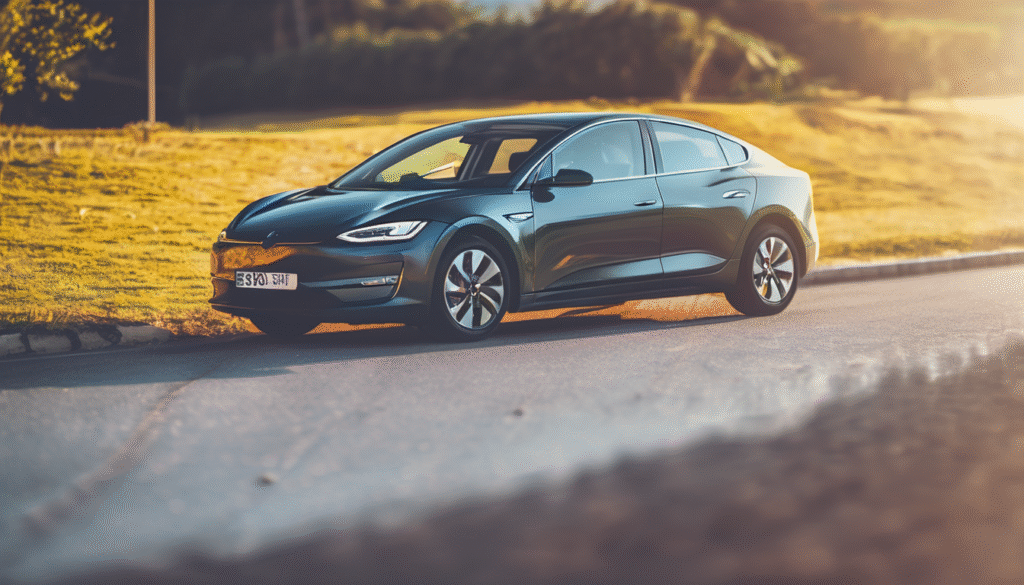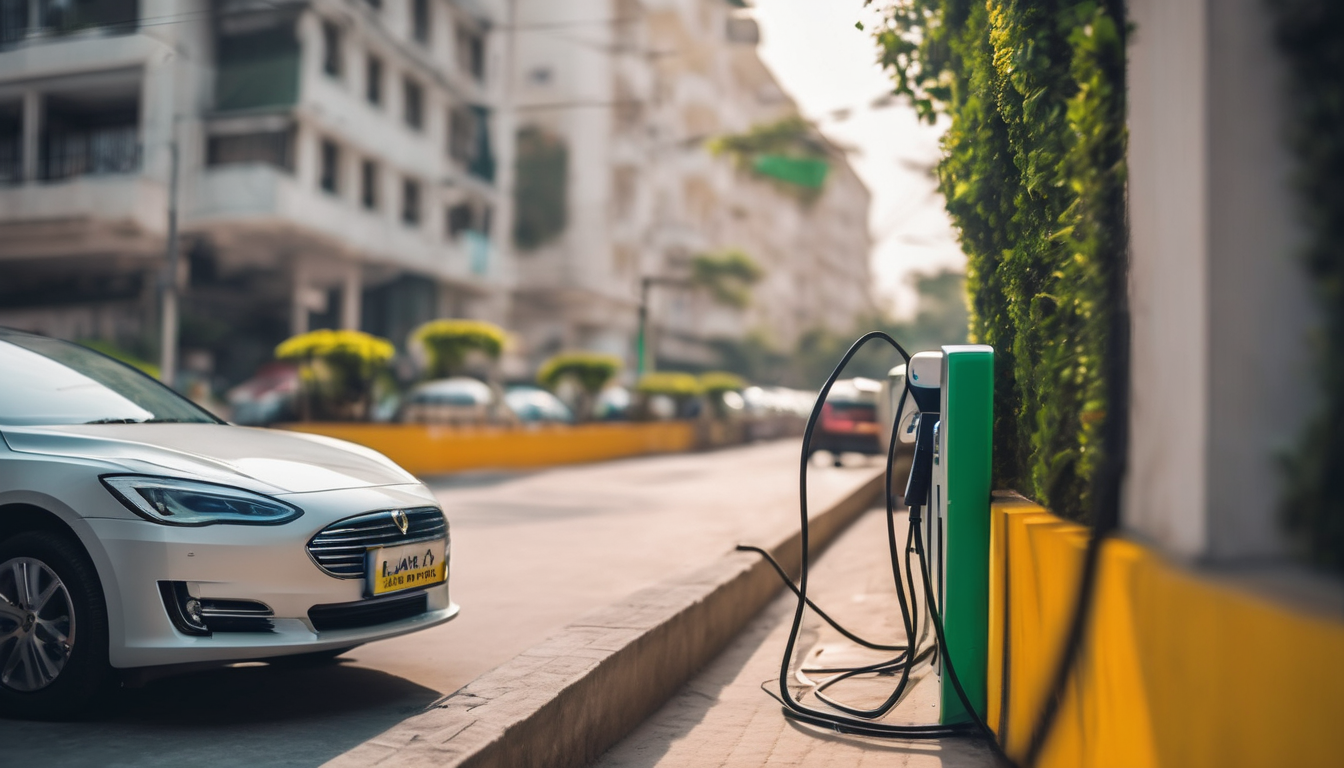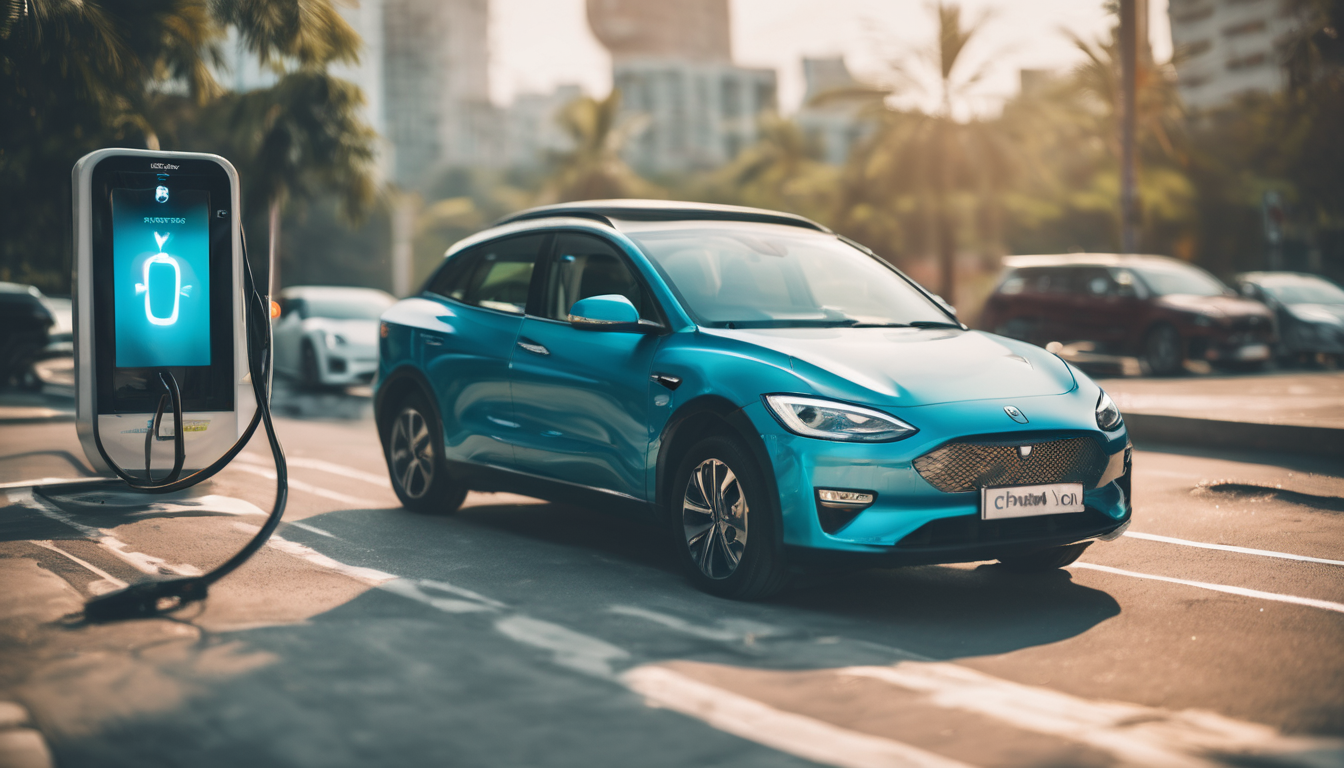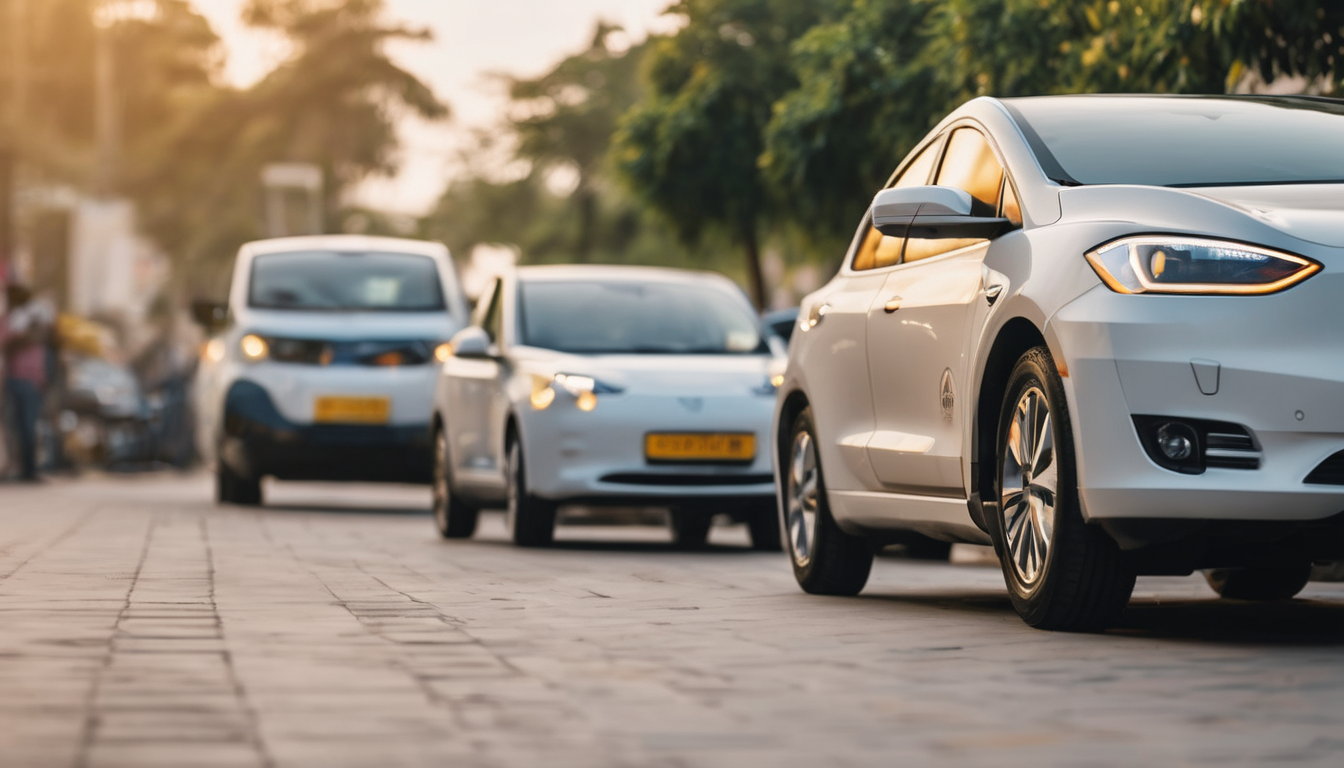Understanding Solid-State Battery Technology
The automotive industry is undergoing a significant transformation as electric vehicles (EVs) gain momentum across the globe. In India, this shift is not only about adopting electric mobility but also about enhancing the underlying technologies that power these vehicles. One of the most promising advancements in this domain is solid-state battery technology. Unlike traditional lithium-ion batteries, solid-state batteries utilize a solid electrolyte instead of a liquid one, offering numerous advantages that could revolutionize the EV market.
Why Solid-State Batteries Matter
The importance of solid-state batteries in the context of EVs cannot be overstated. Here are some key reasons:
– **Safety**: Solid-state batteries are less prone to catching fire compared to their liquid counterparts, significantly enhancing the safety of EVs.
– **Energy Density**: These batteries can potentially store more energy in a smaller space, leading to longer ranges for electric vehicles.
– **Faster Charging**: Solid-state technology allows for quicker charging times, addressing one of the major concerns of EV users.
– **Longevity**: With a longer lifecycle and better thermal stability, solid-state batteries promise to reduce replacement costs for vehicle owners.
Given these benefits, it is no wonder that manufacturers and researchers are focusing on solid-state battery technology as a cornerstone for future EV development.
Current Trends in the Indian EV Market
As the Indian government pushes for increased adoption of electric vehicles, several trends are emerging that highlight the importance of solid-state batteries.
Government Initiatives
The Indian government’s commitment to sustainable mobility is evident through various policies and incentives. The **FAME II** scheme and other measures aim to boost the electric vehicle ecosystem, including research and development in battery technology. Additionally, the recently proposed EV policy emphasizes enhancing charging infrastructure and incentivizing local manufacturing of EV components, including batteries.
Growing Investments in R&D
Several Indian companies and startups are investing heavily in the research and development of solid-state batteries. This increased focus is expected to yield breakthroughs in technology that could position India as a leader in EV battery production. Notable players in this landscape include:
– **Tata Group**: Known for its innovation in the automotive sector, Tata Motors is exploring solid-state technology for its upcoming EV models.
– **Ather Energy**: This startup is not only focusing on electric scooters but is also researching advanced battery technologies.
– **Amara Raja Batteries**: A well-established battery manufacturer, Amara Raja is looking at solid-state solutions to enhance its product offerings.
These investments are likely to foster a competitive environment that accelerates the development of solid-state batteries.
Consumer Demand for Efficient EVs
With the rising awareness of climate change and environmental sustainability, consumers in India are increasingly seeking electric vehicles that offer better efficiency and performance. Solid-state batteries align perfectly with these consumer demands by providing:
– Longer driving ranges
– Reduced charging times
– Enhanced safety features
Furthermore, as more affordable electric vehicles enter the market, such as the Tata Nano EV, consumer interest in robust battery technology is expected to grow.

Challenges Facing Solid-State Battery Adoption
Despite the promising potential of solid-state batteries, several challenges could hinder their widespread adoption in India:
High Development Costs
The initial costs associated with developing solid-state batteries are significantly higher than those for traditional batteries. This can deter manufacturers from investing in this technology until it proves commercially viable.
Manufacturing Scale-Up
Transitioning from pilot projects to mass production presents logistical and technical challenges. Manufacturers need to develop efficient processes to scale up the production of solid-state batteries without compromising quality.
Market Readiness
While consumer interest is high, the market is still in the early stages of accepting electric vehicles. The successful integration of solid-state batteries requires robust infrastructure, including charging stations and maintenance facilities.
Future Outlook and Innovations
Looking ahead, the future of solid-state batteries in the Indian EV market appears promising. Several factors contribute to this optimism:
Technological Advancements
Ongoing research is likely to lead to breakthroughs that will make solid-state batteries more affordable and efficient. Innovations in materials science and manufacturing processes are expected to play a crucial role in this evolution.
Collaborations and Partnerships
Collaboration between startups, established manufacturers, and research institutions can accelerate the development of solid-state technologies. Initiatives like government-backed research projects can enhance knowledge sharing and innovation.
Global Trends
As countries around the world, especially in Europe and North America, push for greener technologies, India can leverage these global trends to enhance its own battery production capabilities. Learning from international successes can help streamline processes and improve product offerings.
Conclusion
Solid-state batteries represent a significant leap forward in battery technology, particularly for electric vehicles. As India ramps up its efforts to embrace electric mobility, the integration of solid-state batteries could prove pivotal in ensuring the country’s transition to a sustainable future. With the right investments, policies, and technological advancements, India could become a powerhouse in the global EV market.
If you’re interested in learning more about the electric vehicle landscape or want to explore affordable options, check out our detailed guides on electric cars under 10 lakhs and other emerging trends.
FAQ
1. What are the main advantages of solid-state batteries over traditional lithium-ion batteries?
Solid-state batteries offer higher energy density, faster charging times, improved safety, and longer lifecycles compared to traditional lithium-ion batteries.
2. How is the Indian government supporting the development of solid-state batteries?
The Indian government is providing incentives and support through policies aimed at enhancing the EV ecosystem, including research and development in battery technologies.
3. Are solid-state batteries commercially available in India yet?
While there are ongoing research and development efforts, solid-state batteries have not yet reached mass production for consumer vehicles in India.
4. What companies are leading the charge in solid-state battery technology in India?
Companies like Tata Group, Ather Energy, and Amara Raja Batteries are at the forefront of research and development in solid-state battery technology in India.
5. How can consumers benefit from solid-state battery technology in electric vehicles?
Consumers can expect longer driving ranges, reduced charging times, and improved safety features with the adoption of solid-state battery technology in electric vehicles.
Stay tuned for more updates on the evolving landscape of electric vehicles and battery technology. Your journey towards a greener future starts now!






